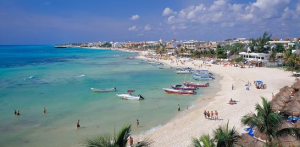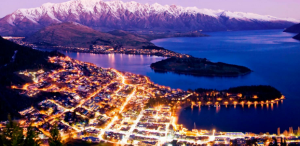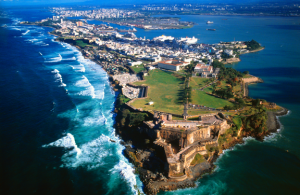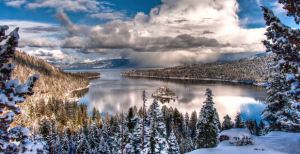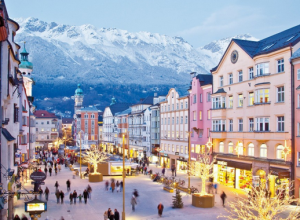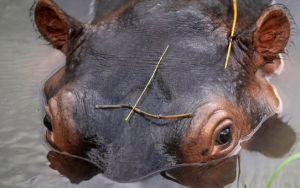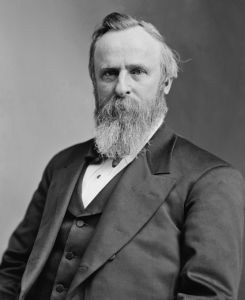
The hacktivist group “Anonymous” is known to keep their identities secret by wearing Guy Fawkes masks, made popular by the film “V For Vendetta”.
It looks like hackers across the world have decided to take the fight against ISIS to the next level: three major “hacktivist” groups, Anonymous, GhostSec and Crtlsec have collaborated to release the names of around 9,200 account names associated with ISIS. This comes as part of the #opisis, an effort to draw attention to the growing presence of ISIS online, as well as a chance to track individuals associated with the terrorist group. This is an historic event in the digital world, as it’s the first time that these three hacktivist groups have ever come together for something like this. Usually, these groups are very closed off, and seldom willing to work outside of their circles. Yet ISIS, as well as their firm control of social media, have become a large enough problem that they were willing to form an alliance to fight them.
The 9,200 accounts are all active, and in one way or another related to ISIS. However, due to the size of this list, it’s been difficult to verify all of them. Anonymous launched the #opisis campaign earlier this year, which they claim has already disrupted nearly one thousand websites, email accounts and VPN connections related to ISIS. They claim that they would treat the group like a virus, and that they were the cure. The hacktivists have been calling on the public to spread the word about these accounts, so that they can get suspended.
ISIS has extensively used social media, particularly Twitter, as a platform to spread propaganda to a worldwide audience and gain sympathizers and supporters for their vision of an “Islamic Caliphate”. Twitter has already suspended certain ISIS-related accounts, although it hasn’t yet been effective at preventing ISIS from using the service in this manner. ISIS used “swarm accounts” to stay active despite Twitter’s suspensions. According to Anonymous, they create a multitude of accounts and them use them to cross-promote each other, which in turn creates a hydra-like platform.
Other sites apart from Twitter have been used to spread information, including Justpaste for text, Sendvid for videos and archive.org for retrieving propaganda content that’s been deleted by an Internet service provider. However, Twitter serves as the system’s linchpin, since it allows the sites to keep content alive an easily accessible. Without Twitter working as its central hub, ISIS wouldn’t be able to move around their content. This ongoing issue of ISIS using social media to spread propaganda and gain support has recently led a US defense policy researcher to call on the US government to support Anonymous in disrupting ISIS’ accounts.


